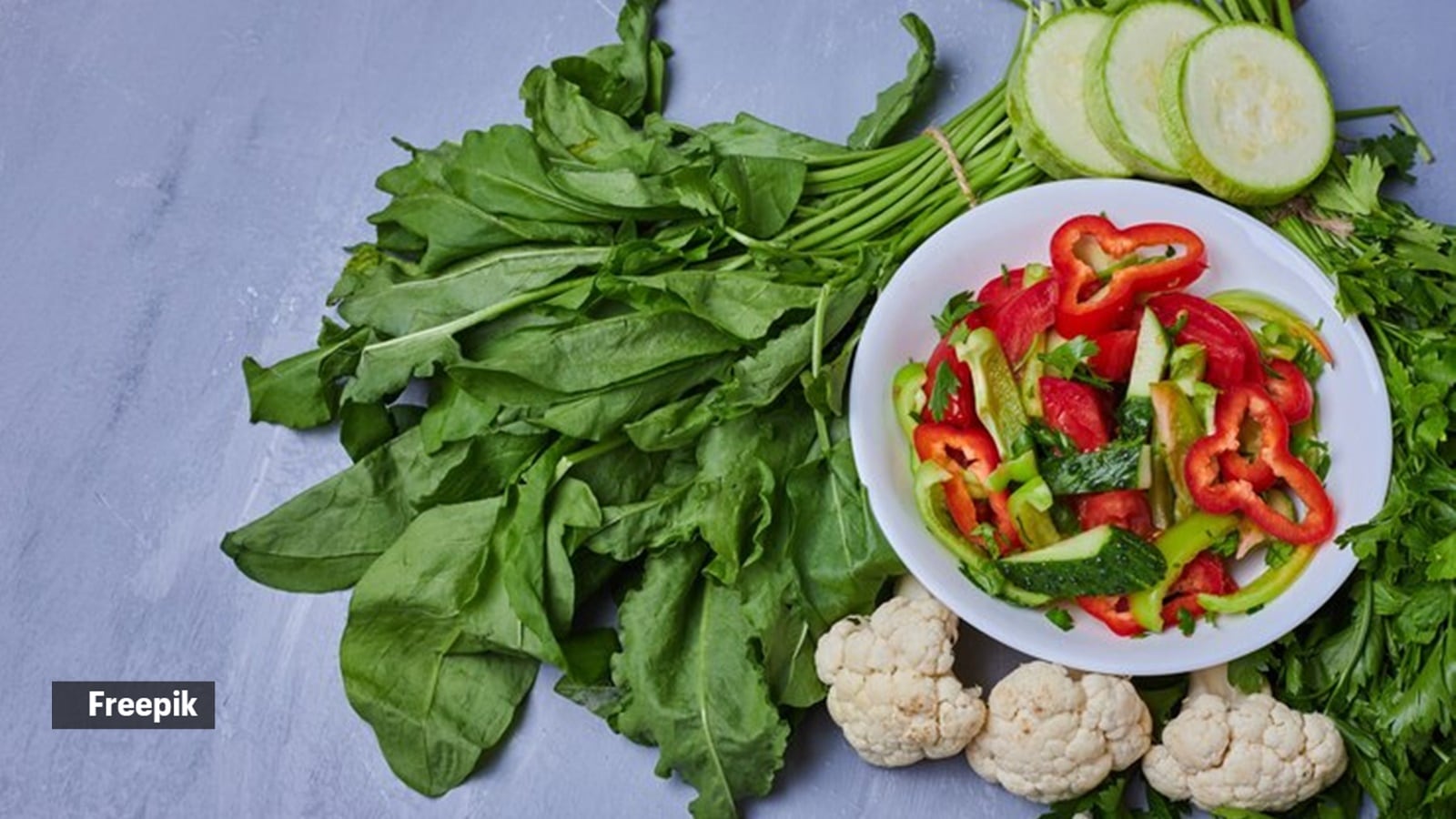With her hit web series, enviable international collaborations, and prominent film projects, Ananya Panday has proven to be a popular youth icon. Going beyond the same, the Call Me Bae actor shared some valuable insights into her latest diet in a recent interview.
“For the last couple of months, I’ve been on a gut cleanse diet, which has been very healthy. It’s made a huge difference in my life. I’ve been very good with my meals and make sure to have my last meal by 7 PM. I don’t eat after that. It’s been a good change—I feel lighter the next day and have more energy. Earlier, I used to eat dinner very late,” Panday told Hindustan Times.
She added that she has “started eliminating foods that don’t suit me or make me feel good. I think it’s better to start young—it really helps later.”
What is a gut cleanse diet?
Deepalakshmi, registered dietitian at Shree Balaji Medical Centre, Chennai, told indianexpress.com that it refers to a short-term dietary approach designed to support digestive health by eliminating foods that may irritate the gut and consuming those that promote a healthy microbiome.
Typically, such a diet involves cutting out processed foods, added sugars, alcohol, refined grains, and common allergens like dairy or gluten, while focusing on whole, fiber-rich vegetables and fruits, fermented foods like curd or kefir, prebiotic-rich ingredients such as garlic and onions, and plenty of fluids including herbal teas and water. “The idea is to give the digestive system a ‘reset,’ reduce inflammation, improve nutrient absorption, and restore the balance of gut bacteria,” she explained.
How does it help?
“When done correctly using whole foods and without extreme restrictions, a gut cleanse diet may offer several benefits, such as improved digestion, regular bowel movements, increased energy levels, reduced bloating, improved mood, better immunity, and a reduction in sugar cravings,” she said.
According to Deepalakshmi, you may consider trying a gut cleanse if you experience symptoms such as chronic bloating, constipation, irregular bowel movements, fatigue, brain fog, skin breakouts, or frequent sugar cravings—all of which may indicate gut imbalance or dysbiosis.
 Give your gut a much needed reset (Source: Freepik)
Give your gut a much needed reset (Source: Freepik)
Who should be careful?
“Many popular gut cleanses promoted online involve excessive use of herbal laxatives, supplements, colonics, or fasting regimens that can be harmful. These approaches may lead to nutrient deficiencies, dehydration, digestive distress, or a disrupted gut microbiome, ultimately doing more harm than good,” said Deepalakshmi.
Story continues below this ad
As such, it is essential to consult a qualified healthcare provider before beginning any restrictive diet, especially for individuals with chronic medical conditions, those who are pregnant, breastfeeding, or taking medications. Some underlying medical issues like irritable bowel syndrome (IBS), celiac disease, or gut infections may mimic symptoms associated with an unhealthy gut and require specific interventions, not a general cleanse, she said.
Rather than viewing a gut cleanse as a one-time solution, Deepalakshmi suggested adopting long-term, sustainable habits that support gut health daily, such as eating a diverse, plant-forward diet, incorporating both prebiotics and probiotics, staying well-hydrated, minimizing ultra-processed foods, managing stress, and getting adequate sleep. A gradual, food-first approach to gut health is far more beneficial and safer than drastic or commercial cleanse plans.
DISCLAIMER: This article is based on information from the public domain and/or the experts we spoke to. Always consult your health practitioner before starting any routine.



